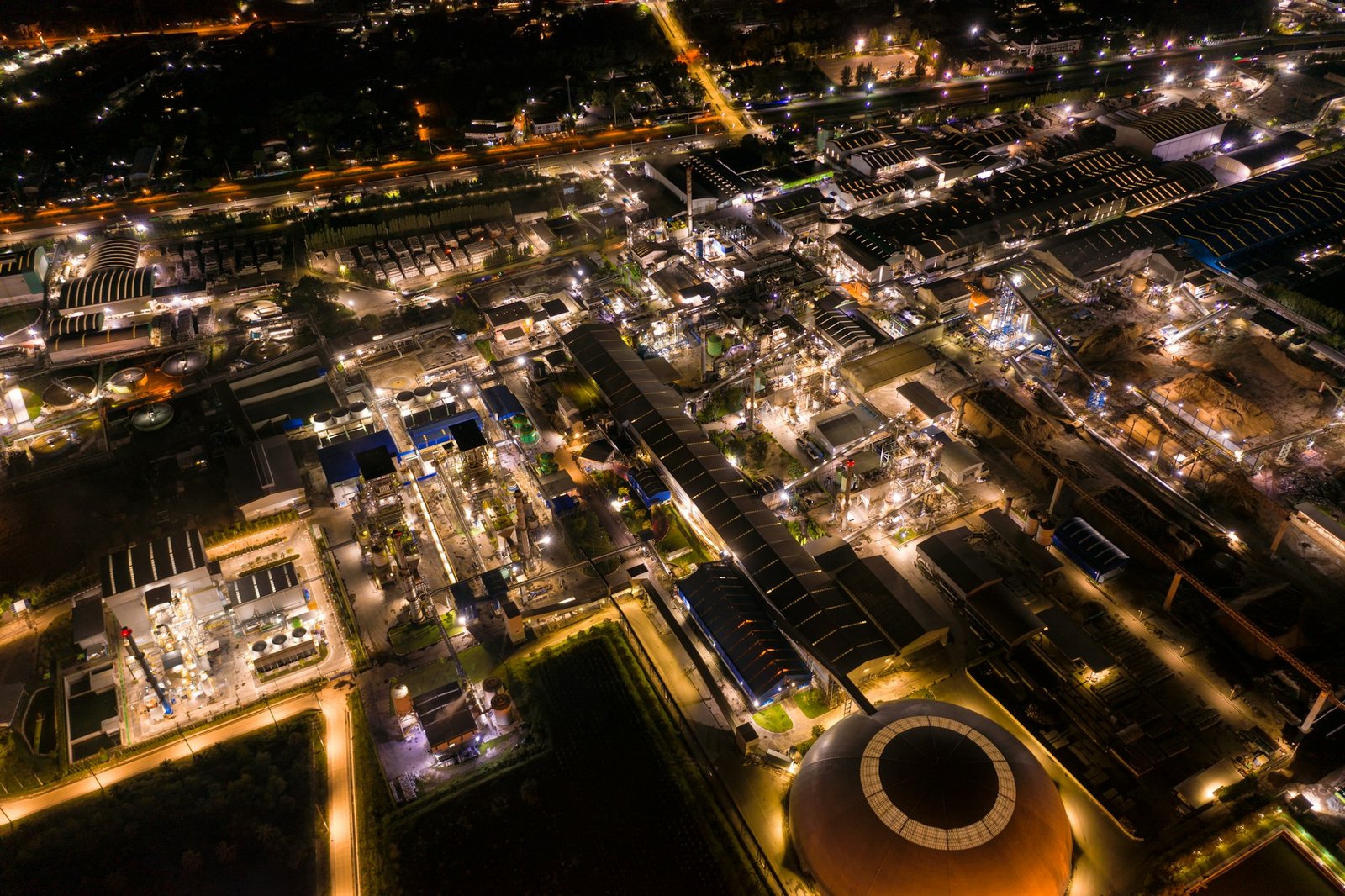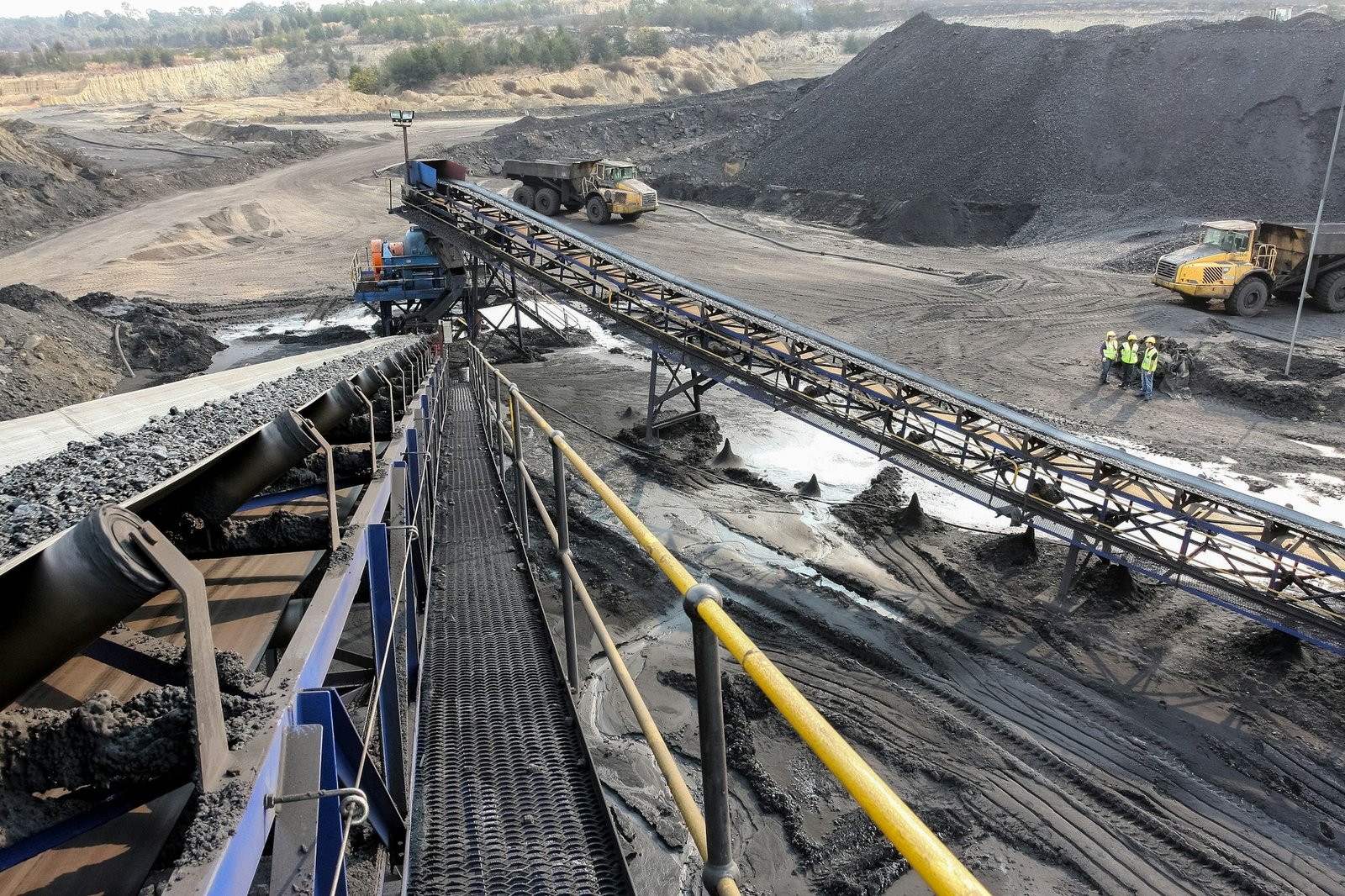Revolutionary Advances in Nanotechnology Reshape Chemical Manufacturing
In recent years, the realm of chemical manufacturing has undergone a profound transformation, driven by the revolutionary advances in nanotechnology. Nanotechnology, the manipulation of matter on an atomic and molecular scale, has unlocked a plethora of opportunities in the chemical industry, paving the way for enhanced efficiency, sustainability, and innovation. This article explores the groundbreaking implications of nanotechnology in reshaping chemical manufacturing processes.
Understanding Nanotechnology in Chemical Manufacturing
Nanotechnology involves the manipulation of materials at the nanoscale, typically ranging from 1 to 100 nanometers. At this scale, materials exhibit unique properties and behaviors that differ significantly from their macroscopic counterparts. In chemical manufacturing, nanotechnology enables precise control over molecular structures, leading to the development of novel materials and processes with unprecedented properties and functionalities.
Enhanced Catalysis and Reaction Efficiency
One of the key applications of nanotechnology in chemical manufacturing is in catalysis. Catalysts play a pivotal role in accelerating chemical reactions while minimizing energy consumption and waste generation. With nanotechnology, catalysts can be engineered at the atomic level, optimizing their surface area, reactivity, and selectivity. This advancement leads to higher reaction efficiency, shorter reaction times, and reduced resource utilization.
Nanomaterials for Sustainable Production
The utilization of nanomaterials has opened avenues for sustainable production practices in the chemical industry. Nanocatalysts enable the synthesis of fine chemicals and pharmaceuticals with higher yields and fewer by-products. Additionally, nanoporous materials facilitate efficient separation and purification processes, reducing energy and solvent requirements. By leveraging nanotechnology, chemical manufacturers can minimize environmental impact and enhance resource utilization efficiency.
Applications of Nanotechnology in Chemical Manufacturing
Nanostructured Materials
Nanotechnology enables the creation of nanostructured materials with tailored properties for diverse applications in chemical manufacturing. Nanostructured catalysts, membranes, and polymers exhibit enhanced performance characteristics, such as improved stability, selectivity, and durability. These materials find applications in areas ranging from petrochemical refining to drug delivery systems, revolutionizing product quality and process efficiency.
Nanofabrication Techniques
Advancements in nanofabrication techniques have empowered chemical manufacturers to design and produce intricate nanostructures with precision and scalability. Techniques such as lithography, self-assembly, and atomic layer deposition enable the creation of nanoscale patterns and architectures essential for manufacturing next-generation electronic devices, sensors, and coatings. The integration of nanofabrication into chemical processes fosters innovation and competitiveness in various industries.
FAQs on Nanotechnology in Chemical Manufacturing
- How does nanotechnology improve catalysis in chemical reactions?
Nanotechnology allows for the design of catalysts at the atomic level, enhancing surface area and reactivity, thereby improving catalytic efficiency. - What are some sustainable benefits of using nanomaterials in chemical production?
Nanomaterials enable higher yields with fewer by-products, reduce energy consumption in separation processes, and enhance resource utilization efficiency, promoting sustainability. - What are the key applications of nanostructured materials in chemical manufacturing? Nanostructured materials find applications in catalysts, membranes, and polymers, offering improved performance characteristics such as stability, selectivity, and durability.
- How do nanofabrication techniques contribute to advancements in chemical manufacturing? Nanofabrication techniques enable the precise design and production of nanostructures, essential for manufacturing electronic devices, sensors, and coatings with enhanced properties.
- What challenges exist in the widespread adoption of nanotechnology in chemical manufacturing? Challenges include scalability of production, potential environmental and health risks associated with nanomaterials, and regulatory considerations regarding their use and disposal.
In conclusion, the integration of nanotechnology into chemical manufacturing heralds a new era of innovation and sustainability. By leveraging nanomaterials, catalysis, and fabrication techniques, chemical manufacturers can enhance efficiency, reduce environmental impact, and unlock novel applications across diverse industries. As research in nanotechnology continues to advance, the possibilities for transforming chemical manufacturing are virtually limitless, promising a brighter and more sustainable future.





